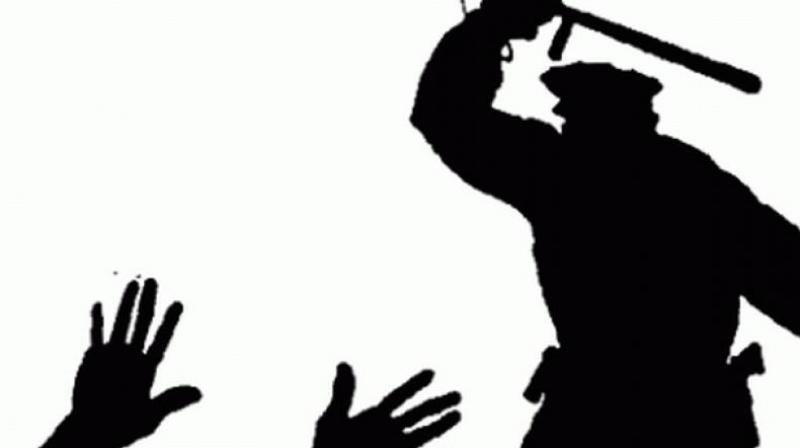Hyderabad: 2 years on, State Human Rights Commission is still headless

Hyderabad: For over two years now the State Human Rights Commission (SHRC), an autonomous body, doesn’t have a permanent judge. This slows down the complaint redressal process and causes loss of confidence in the commission.
The SHRCs are important independent bodies overseeing human rights violations in a country where human rights are routinely violated in one way or another.
Every day, around 30 to 40 petitions come to the commission. Reportedly, there is no chance of appointing a judge-chairman till the formation of the new government.
Activists say it is the negligence of the government and a measure of how little it cares that such an important body has no head. There are two petitions pending in the courts, one in the Supreme Court and the other in the Hyderabad High Court, requesting the court to look into the matter.
Mr R. Karunakar, High Court advocate and former president of All India Human Rights Protection, a non-partisan, non profit, said, "SHRC has become a body without a head. Common people who filed petitions are roaming around the SHRC relentlessly but in vain."
Most cases in recent times were heard by a temporary judge, whose tenure ended on October 31. According to the tenth schedule of the bifurcation act, the SHRC should have been divided into AP and TS branches but four years after the state was bifurcated this is still pending.
The chairman of SHRC is to be appointed by a committee which includes the Chief Minister, home minister, Speaker, Leader of the Opposition in the Assembly and Leader of the Opposition in the Legislative Council.
Mr Nisar Ahmad Kakru was the last SHRC chairman and completed his term in 2016 and since then the SHRC has had no permanent chairman-cum-judge.
Mr Subramanyam, secretary, non-judicial, has been looking into the petitions and giving his judgements.
High Court advocate R. Karunakar said the Karamchedu-Neerukonda massacres of 1985 and 1987, and similar incidents, led to the formation of the SHRC as it was feared that people were likely to approach the praja courts being run by Maoists in villages to get justice.
But the situation is such that “the SHRC, which has to protect the rights of common people, has become a place where rights are denied," Mr Karunakar said.

